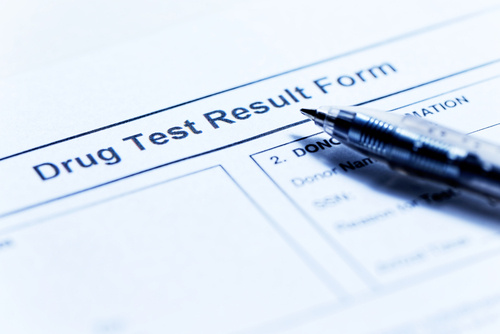Sober Livings And Mental Health
Sober living facilities are group homes for individuals who have recently completed substance abuse and/ or addiction treatment program that wish to move into transitional housing prior to returning home. Sober livings offer an in-between option that is a step down from traditional substance abuse and/ or addiction treatment programs. Instead of immediately returning home, sober living facilities offer a greater level of support in a community environment, while residents continue integrating the newly learned tools and skills related to becoming self-reliant while maintaining sobriety. Each sober living home is different, as most are privately owned. There are a plethora of sober living facilities available to those in need, each with distinct characteristics, located in different geographical areas, offering a variety of wide-ranging amenities, and many specialize in accommodating individuals’ nuanced needs.
What Is A Dual Diagnosis?
Substance use disorder, also known as addiction, is listed in the Diagnostic and Statistical Manual of Mental Disorders, Fifth Edition (DSM-5). According to the American Psychiatric Association, substance use disorder is a “complex condition in which there is the uncontrolled use of a substance despite harmful consequence.” The National Institutes of Health (NIH) assert that nearly half of the people “who have a mental [health] disorder will also have a substance use disorder at some point in their lives and vice versa.” When an individual is diagnosed with substance use disorder and another co-morbid mental health illness it is referred to as a dual diagnosis.
Dual Diagnosis Sober Living Options
There are a plethora of different options when it comes to sober living facilities. It is highly recommended for individuals with a dual diagnosis to select a sober living facility that specializes in working with individuals with co-occurring disorders. Most sober living facilities are privately owned, and as such will have a distinct set of house rules and regulations as well as corresponding consequences for violations. While the specific rules will likely vary, there are several that are commonly enforced in most sober living facilities. These can include, but are not limited to:
- Zero tolerance for drugs and/ or alcohol on the premises.
- A reasonable curfew.
- Residents are required to regularly participate in substance abuse and/ or addiction support group meetings (twelve-step meetings, and/ or non-twelve-step meetings).
- Often residents are required to have a job and/ or volunteer so as to be contributing members of society.
The length of time an individual opts to reside in a sober living facility will differ. The Journal of Psychoactive Drugs found that the average stay in a sober living facility ranges between 166 to 254 days. According to the National Institute on Drug Abuse (NIDA), the length of time an individual spends in substance abuse treatment (including sober living) can directly increase his or her outcome in recovery. Individuals with mental health issues that wish to move into a sober living home have myriad options, as there is a wide variety of specialized sober living available that accommodate individuals with a dual diagnosis.
For Information and Support
Substance abuse and addiction can be incredibly dangerous, and can result in severe short and long-term consequences. If you or someone you know is suffering from substance abuse or addiction, please get help as soon as possible. The earlier you seek support, the sooner you and your loved ones can return to leading happy, healthy, and fulfilling lives. There is no reason to go through this alone, and we are here to help. Please feel free to reach out to us for further information or with any questions regarding substance abuse or addiction. We are available anytime via telephone at: 213-389-9964, or you can always email us at: info@friendlyhousela.org.



